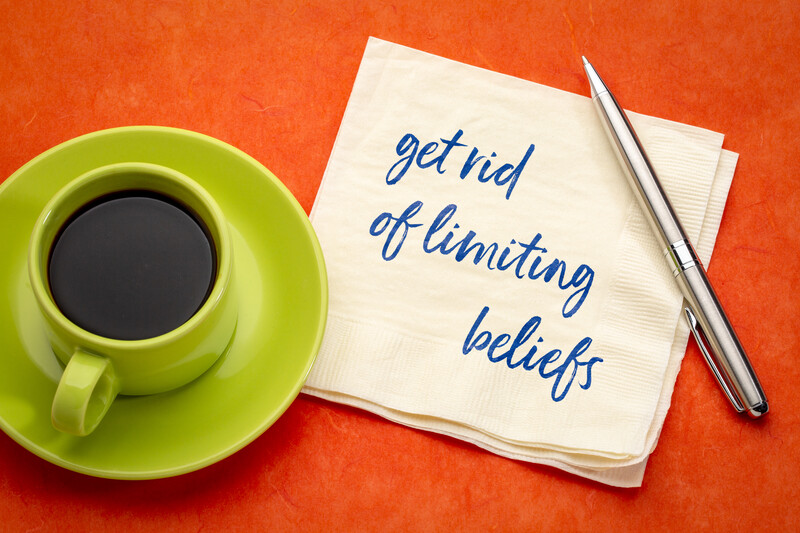Once you come to hold a belief or opinion, it can be hard to shake it even if it’s been proved to be false.
In a study1 called “Self-enhancement and belief perseverance”, Corey L. Guenther and Mark D Alicke demonstrated that even when participants were told that the previous scores were incorrect, they still held on to the belief that the people that had been initially ranked highly were smart.
We do the same with the opinions we form about ourselves. For example, we may think that we aren’t very smart and that we’ve just been lucky so far. And even though others around us may say how intelligent we are, we ignore this because it doesn’t fit with our beliefs about ourselves.
Because it is often so hard to un-learn these beliefs, many people find they need a lot of therapy to go beyond these false beliefs we have about ourselves.
That’s not to say that some of our beliefs about ourselves may in fact be true. But many self-depreciating beliefs are false and holding on to these beliefs can be limiting the way we challenge ourselves and grow and develop further. We give up, even before we try.
How can we overcome our limiting beliefs?
Psychiatrist and Harvard Medical School professor John Sharp in his TedX talk2 said that we often have a story we tell ourselves about what has happened so far and how it always will be and that “If you want to change your life, it needs a re-edit.”
The first step is to listen closely to your self-talk and notice when you say these limiting things to yourself. For example, “I always ___” or “I’m never good at ___” or “I can’t ___”. Look at the experiences that fed into that story you are telling yourself.
The next step is to start questioning your beliefs. For example, if you hold a belief because of something that happened to you when you were a child, remind yourself that you are not a child anymore and that you have changed over the years.
Think about positive experiences that have happened to you and build on those strengths. Use them to replace the negative narrative. Let go of the old limiting self-beliefs and put them in a folder in your mind and mark it as the “old me” – the “false me”.
Which beliefs of yours need an update?
We update our software on a regular basis. Maybe it’s time to update our beliefs as well. Which ones are holding you back? When you are telling yourself that you are not good at something, are you just using it as a crutch to not bother to put any effort into getting better at that particular task? Remember as Malcolm Gladwell points our in his book “Outliers: The Story of Success”, it can take 10,000 hours to fully master a skill, so maybe you are being a bit hard on yourself if you don’t master it in a few weeks.
Changing your self-talk can help you change your life for the better. It might help to see life as a series of experiments. Rather than avoiding certain experiences, it can help to think that without experiencing things our lives become dull. So instead, act then reflect, adjust your approach based on what you experienced and try it again.
So think about your beliefs about yourself and about others. Are you holding on to them? Do you need to reassess the situation and adopt new more empowering, more positive beliefs?
Research:
1 “Self-enhancement and belief perseverance” May 2008 Journal of Experimental Social Psychology 44(3):706-712
2 John Sharp TedX talk https://ideas.ted.com/what-old-story-about-yourself-are-you-still-believing-heres-how-to-find-it-and-change-it/

